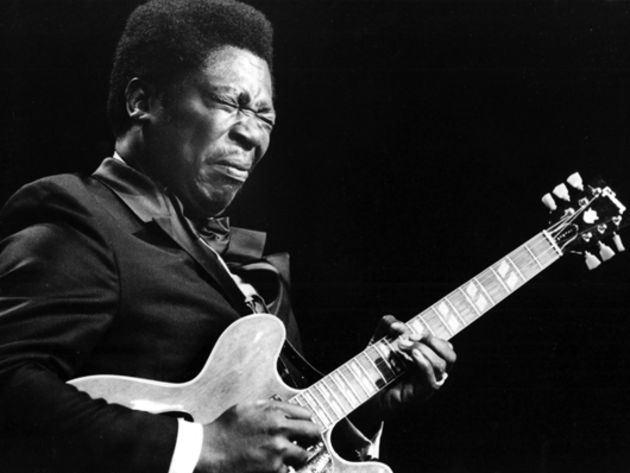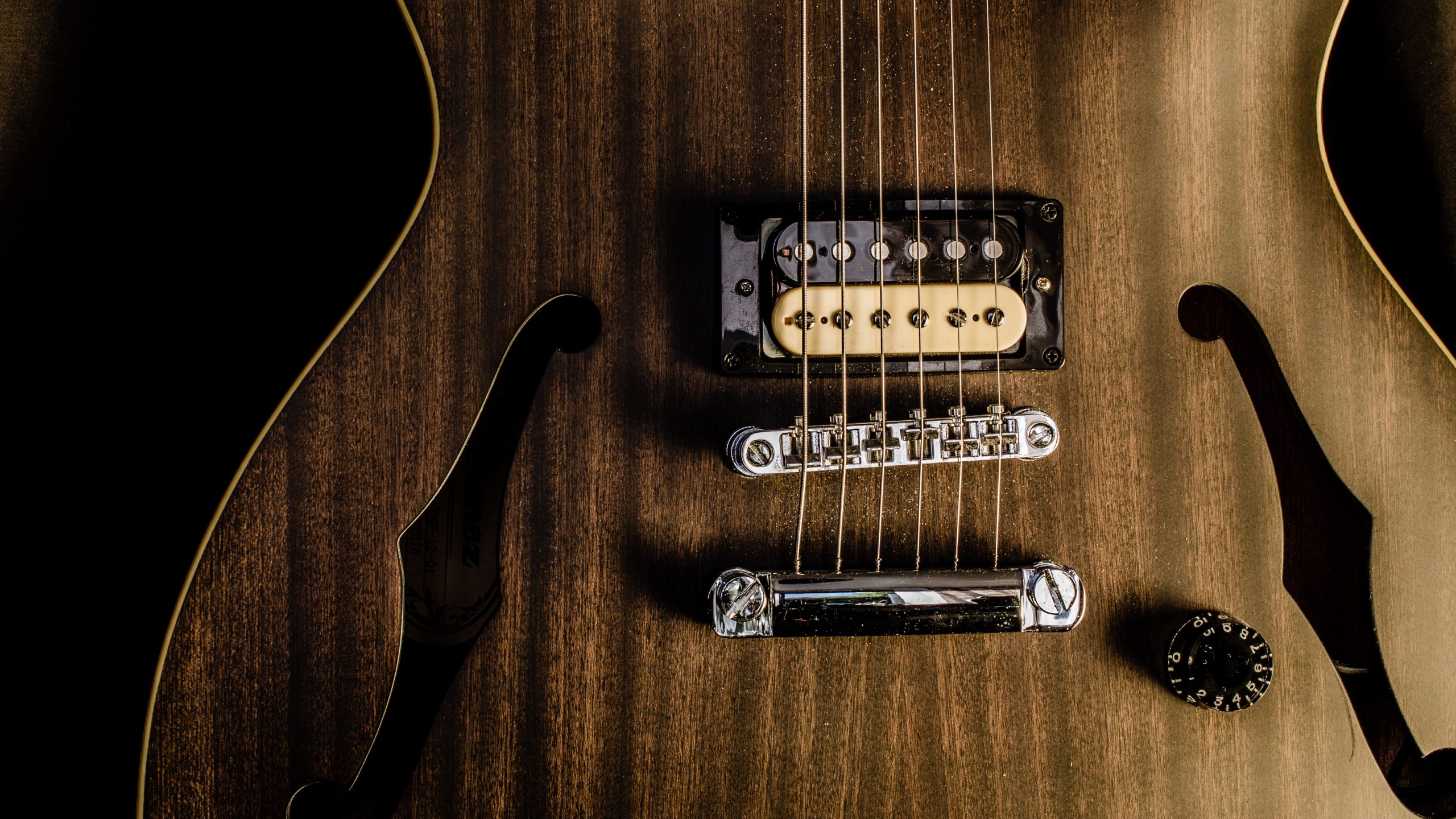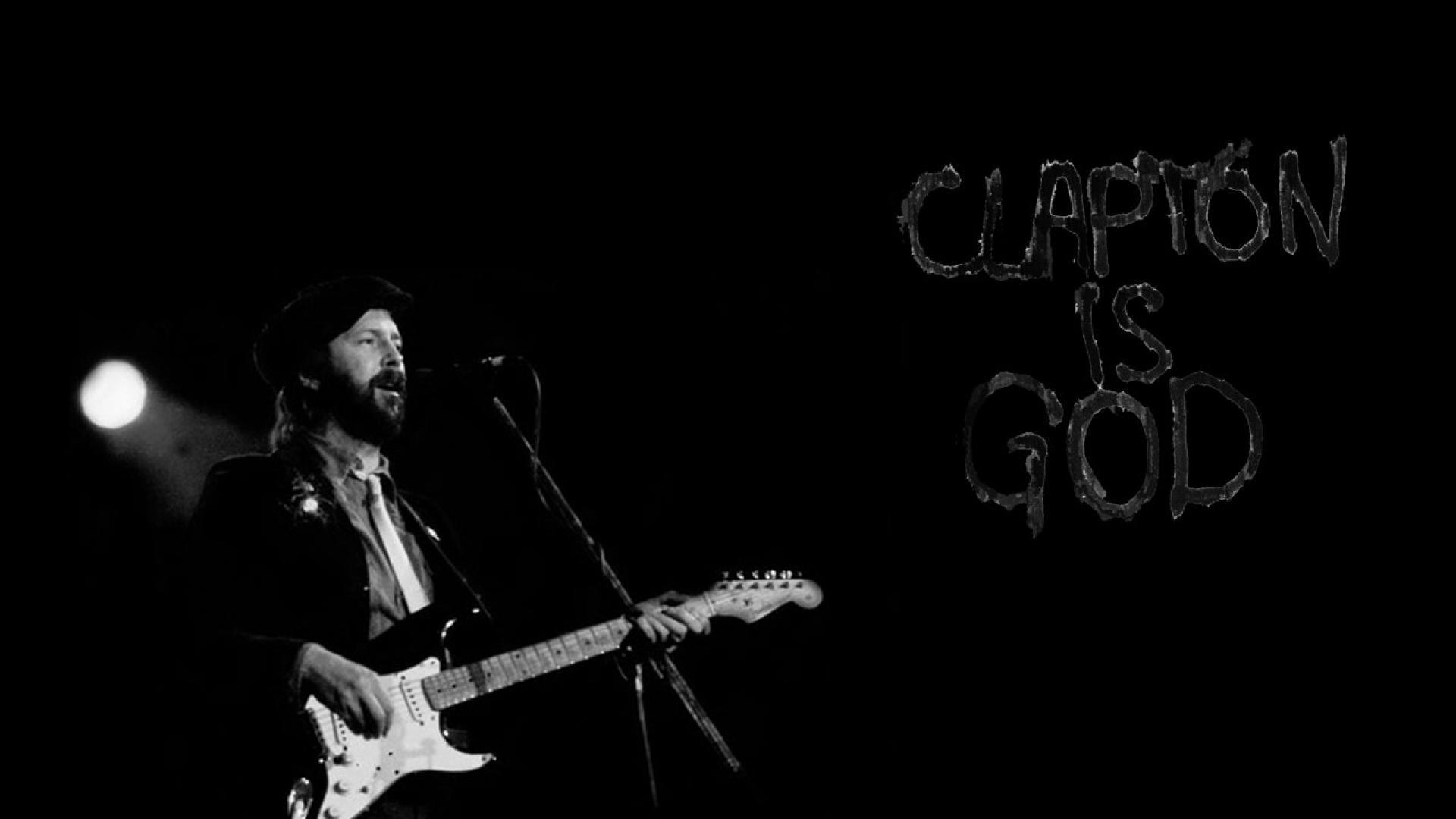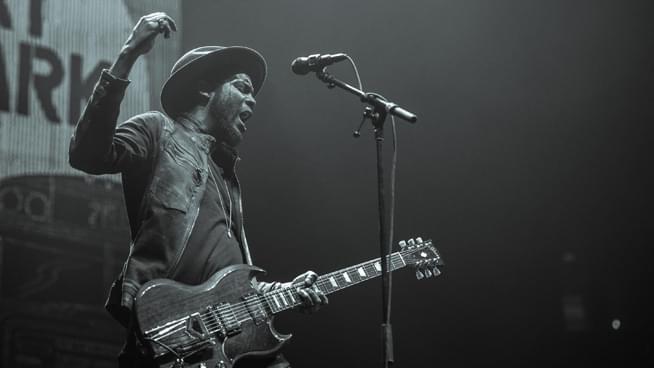If you’ve gotten tired of the minor/major pentatonic and blues scales when soloing over a blues, you may be wondering if there are any other scale options. The good news is that there are a few other scales that you can bring in to mix things up a little without straying too far from familiar territory. By familiar territory I mean the ‘Clapton’ blues box, as when trying to use a new scale a lot of players get frustrated because they can’t use it as well as they can use the pentatonic scale; this is of course to be expected, but frustrating, nonetheless. So, here’s a way you can incorporate three new scales into your blues soloing without feeling like you’re starting over.
Let’s say you’re preparing to wail over a blues in A but want to play something different. We’ll take the good old Clapton Minor Pentatonic Box and use it as a template to superimpose some other useful scales. Here it is in all its glory:

Now, in a 12-bar blues in A you can of course blow over the whole thing with one scale. There’s nothing wrong with that as long as you keep it interesting, and land on the right notes. You may also want to experiment with changing scales as the chord changes i.e. play D minor pentatonic over the D7 and E minor pentatonic over the E7. This takes time and practice to get the hang of but it’s well-worth exploring. You can also apply the same logic to the following alternative blues scales, either stick to the same scale or change scale as the chord changes; it’s up to you.
Alternative Blues Scale 1: The Dorian Scale
The Dorian scale adds some interesting notes to the minor pentatonic, namely the 2 and 6 and gives it a funkier Santana-ish flavor. Here’s the Clapton box variation:

Alternative Blues Scale 2: The Mixolydian Scale
Here’s a great little hack to get to the Mixolydian scale from the Dorian scale. Simply raise the b3 to a major 3rd and you’re away. This will give you a Van Halen-ish, much brighter blues sound. Remember to keep the minor pentatonic box in mind as a reference.

Alternative Blues Scale 3: The ‘Robben Ford’ Pentatonic
One of the scales Robben Ford uses a lot to give a jazzier feel to a blues progress involves swapping out the b7 of the minor pentatonic for a natural 6 as follows:

This one is a little harder to ‘get hold of’ but persevere with it and you’ll soon hear some interesting results. You can, and should, tastefully incorporate the b5 wherever possible, and look for ways to change scales seamlessly.




I’ve been playing guitar pretty much steadily since I was fifteen. It’s been nine years since then and I have played countless hours practicing all of my favorite songs/bands and all that fun stuff. More recently, I have spent a good chunk of my time recording ideas and little riffs that come about and the sorts, and I’ve sort of made a couple songs I guess, but i notice that i really lack when it comes to structure, composition, and just overall UNDERSTANDING what exactly it is that I am doing— in terms of the bigger picture, if you will. I consider myself a pretty good player, but I have no foundation. I’ve tried to search up music theory and everything believe me, but it never helped that ‘lost’ feeling I have and none of it really ‘stuck’ in my mind. I had no idea where I was at already and/or where I needed to start from, to sort of ‘expand my horizons’ as a guitarist, and ultimately as a musician, it’s been frustrating.
I pretty much stumbled across your site Graham, and I just want to say since my discovery of it, ive learned more today than I EVER have in all of my experience about the guitar and its modes (finally— I get it) scales, and I’m actually excited about it. Your honest, no bullshit approach and the way you get right to the point in your explanations and descriptions and the WHY/HOW/WHAT is a complete breath of fresh air.
Thank you for this website. Have a great day.
Cole
Thank you Cole! I’m truly grateful to have influenced your guitar journey for the better, this is the most rewarding part for me.